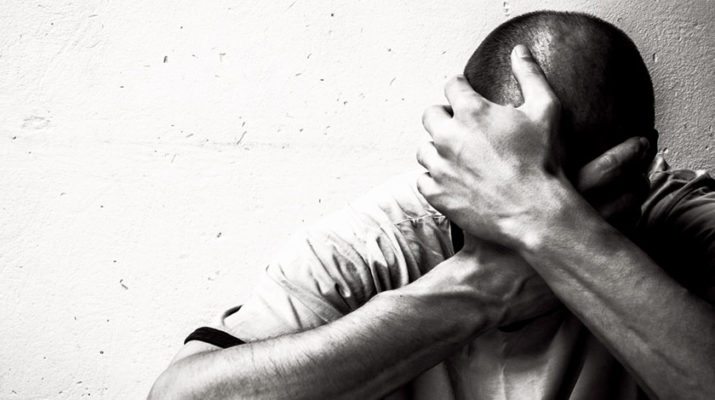Alcoholics are not the only ones needing help — their friends and family do as well
By Barbara Pierce
“We’re here for people who have the disease of alcoholism in their family and don’t know what to do,” said Frank, district representative for Al-Anon in Herkimer, Madison and Oneida counties. (As anonymity is essential, members identify themselves by first name only.) “We’re here for anyone whose life is unmanageable because of another person’s drinking.”
Frank answered our questions about Al-Anon.
• What exactly is Al-Anon? Al-Anon is a group of people who come together regularly to share their experiences as they struggle with the alcoholism of someone they care about.
“We don’t give advice!” emphasized Frank. “We tell of our own experiences — how we did or did not cope — whether or not it was helpful. We stress that this is what we did, not necessarily what you should do.”
Al-Anon is a 12-step program, modeled after Alcoholic Anonymous. It is spiritual, not religious; atheists and people of all religious beliefs are welcome.
• Who is it for? Al-Anon is for anyone whose life has been or is being affected by someone else’s drinking — family members, friends, co-workers, employers, etc. “You have the opportunity to learn from the experiences of others who have faced similar problems,” Frank said.
Although the program is primarily for relatives and friends of alcoholics, Al-Anon does have people who are dealing with other addictions.
• Will Al-Anon help me get my problem drinker to quit drinking?
The biggest misconception when folks first enter the Al-Anon program is that they think they will find the way to get the person to stop drinking.
“Everybody comes thinking they will get answers to this,” said Frank. “Including me. For my first meeting, I came with pen and paper ready to write down what to do. They didn’t do that.”
“The program does not focus on the alcoholic; it focuses on ourselves,” Frank said. “It teaches us that we have no control over another’s drinking and that some of the things we might be doing — yelling, showing anger, threatening, hiding or dumping alcohol found in the house — may be hindering or sabotaging the alcoholic from his own recovery.
Out of one’s control
“We come to realize that we can’t control or change another person and that our efforts to do this only frustrate us and can even make situations worse. We learn to take the focus off the alcoholic and concentrate on ourselves. We find that we can live happier lives in spite of what’s going on around us.”
• What is a meeting like?
“We open with a reading from one of our books, followed by a discussion,” Frank said.
If a person is new, and if they choose to, they may share their story. Others will tell their stories which may be how they dealt with a similar problem.
The meetings last one hour.
“We will respect your confidence and anonymity as we know you will respect ours. We hope to let you know that no situation is too difficult to overcome,” he added.
• What does it cost?
There are no dues or fees. Al-Anon is fully self-supported by voluntary contributions and the sale of literature.
• What if I don’t connect with the group?
If you don’t like the first meeting you go to, try another. Each has its own personality. Some are small, four to five people, while others are large, 20 to 30 people. Some folks prefer a small group while others opt for a large group.
“I recommend people try it out,” Frank said. “Go to six meetings, then make the decision whether it’s for you. At the first few meetings, you may hear a lot of jargon; you don’t quite get everything. It’s tough to assimilate all you hear.
“But while you are learning, you come to realize that you are not alone — you have a place of comfort where folks understand what you are going through.
• Does it really help?
“Yes, it really helps. It helped me, and it helped my relationship with the alcoholic in my life,” said Frank.
Some research shows when problem drinkers enter a recovery program, such as AA, their chances for success improve when family members who are in a family recovery program such as Al-Anon provide • What about my teenager?
Many children are profoundly affected by alcoholism in the family. They experience many of the same feelings that you do. Alateen is a program for young people aged 12-18. They meet to exchange experiences and to gain an understanding of themselves and the alcoholic, share hope, and encourage on another.
Al-Anon.org offers a chat room for teens.
• Where can I get more information about Al-Anon in my area?
For general information, see https://al-anon.org/.
For information on local meetings, see http://www.nyafg.com/pdf/D06.pdf.

